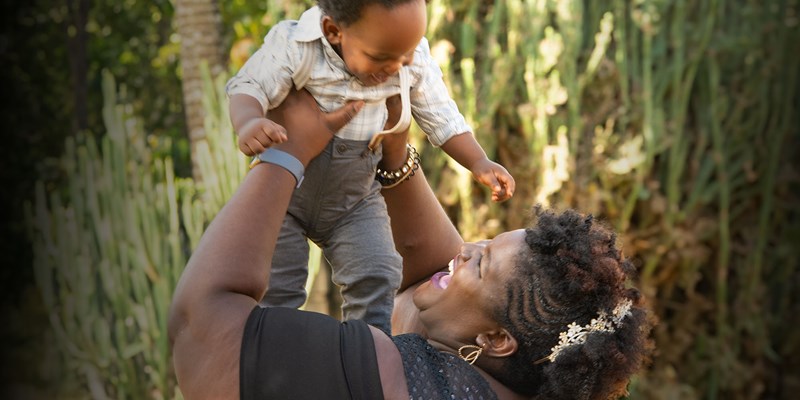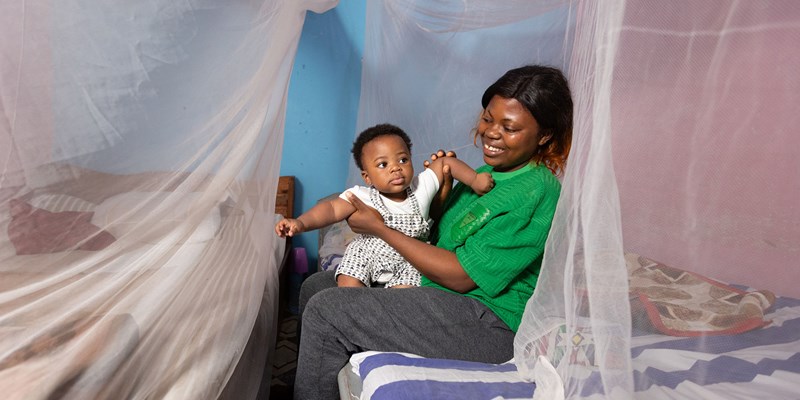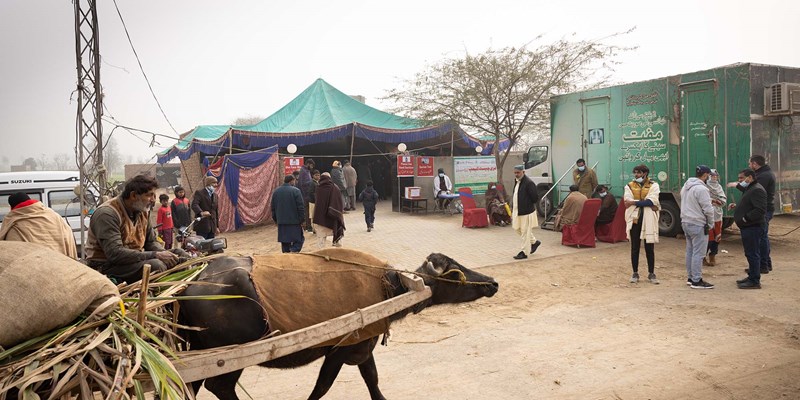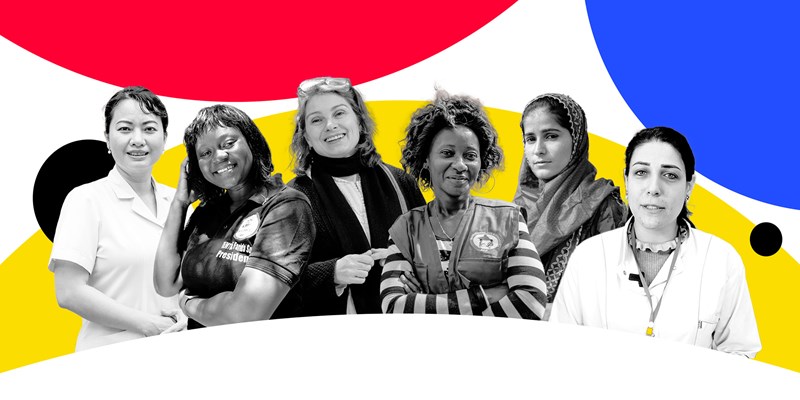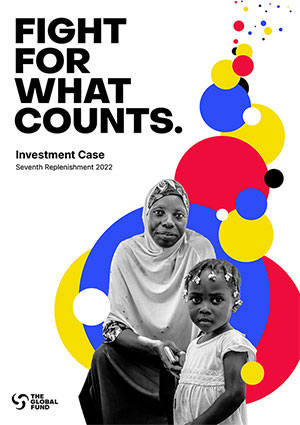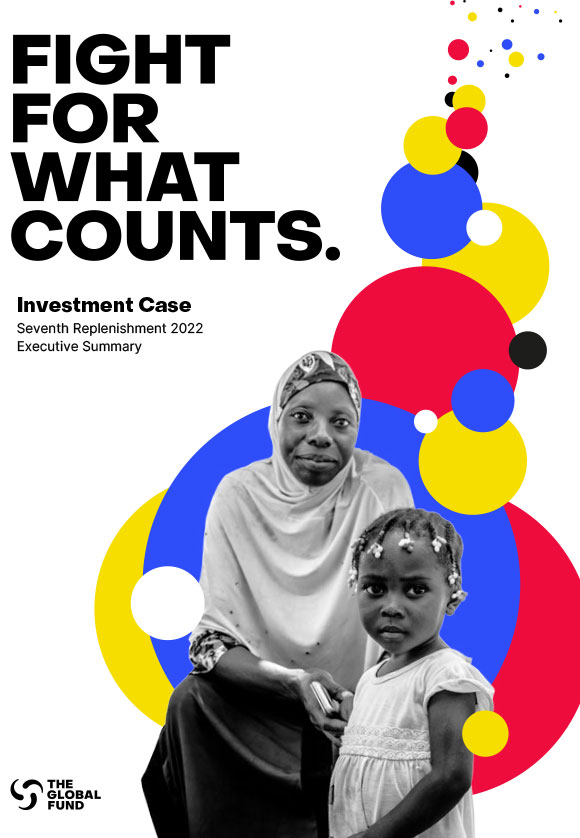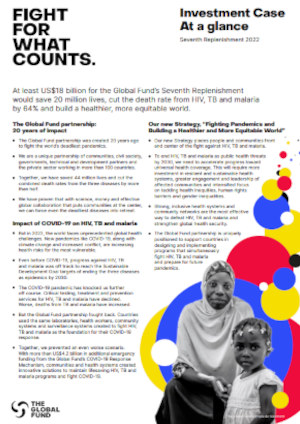

Without Equity, We Cannot End COVID-19, HIV Or Any Other Pandemic
While COVID-19 continues to accelerate around the world, the last few weeks have seen new optimism in the fight against the pandemic. Pfizer and Moderna have shared data showing their vaccines are more than 90% effective. People now dare to dream that 2021 will bring a semblance of normality to their lives. The vaccine news is proof of the power of science. Yet our optimism must be tempered with caution. Will the world deliver vaccines to all? Will we see the commitment to finish the fight against COVID-19 sustained once people in rich countries have been vaccinated and are safe from the virus?
The fight against HIV offers a sobering reality-check. While we still lack a cure or vaccine for HIV, in 1996 the discovery of anti-retroviral treatment for HIV, transformed the prospects for those infected and revolutionized the fight against the disease. Through effective suppression of the virus, anti-retroviral treatment meant that those testing HIV positive no longer faced a death sentence but could instead live long healthy and productive lives. Through making the virus undetectable, it became untransmissible.
However, at first these drugs were only accessible to those with the means to buy them. The cost of treatment was more than US$10,000 a year, far out of reach of many. As access to antiretroviral therapy became common in rich countries, millions of people in middle- and low-income countries were left to die. It was only when the Global Fund was established in 2002, followed by PEPFAR the year after, that more equitable access to these life-saving medicines began. Drug companies were compelled to reduce prices sharply. Test and treat programs were scaled up to stem the deaths and help stop the spread of the virus. Communities mobilized to tackle the human-rights related barriers that blocked access to health services for stigmatized key populations.
Those efforts paid off. Deaths from AIDS-related illnesses plummeted from more than 3 million in 2005 to 690 000 in 2019. More than twenty years later, we have driven HIV into retreat in many places around the world. But while we celebrate this progress, we must also remember the millions of lives lost during the years it took to achieve more equitable access to life-saving medicines. That was a terrible injustice we cannot repeat.
Inequity and injustice remain depressingly pervasive in matters of health. For those already “locked out” due to their sexuality, gender identity, drug use, poverty, sex work or HIV status, COVID-19 related lockdowns have created new barriers to accessing health services. Even in rich countries, the virus has revealed inequalities, disproportionately affecting and killing minorities, the marginalized, and those whose jobs expose them to infection. Diseases like HIV and COVID-19 lay bare the stark inequities between countries and expose the equally sharp inequities within countries.
In fighting COVID-19 we must commit to leaving no-one behind, to ensuring equitable access to vaccines, therapeutics and diagnostics from the start. We cannot repeat the mistakes we made with HIV, or for that matter, TB. In combatting these pandemics, the world left the fights unfinished, leaving “residual pandemics” that continued to kill the poor and vulnerable long after the public health threats had been largely removed from high income countries.
On this World AIDS Day, let us learn from what we got wrong in the fight against HIV to guide the way we fight COVID-19. And let us leverage the political energy, science and resources mobilized to fight COVID-19 to step up the fight against HIV. We must seize this moment: to defeat the new virus; to finish the unfinished fights against HIV and other “residual pandemics”; and to reinforce our defenses against future pathogens. We must commit to making everyone safe from the deadliest infectious diseases, whoever they are and wherever they live.
As a leader in tackling health and other inequalities, the Netherlands is superbly positioned to grasp this opportunity, turning an unprecedented health crisis into a pathway towards a more equal, just world where no one is left behind, and where everyone is safe. That would be true global health security.
A version of this article appeared in the Dutch national newspaper de Volkskrant
